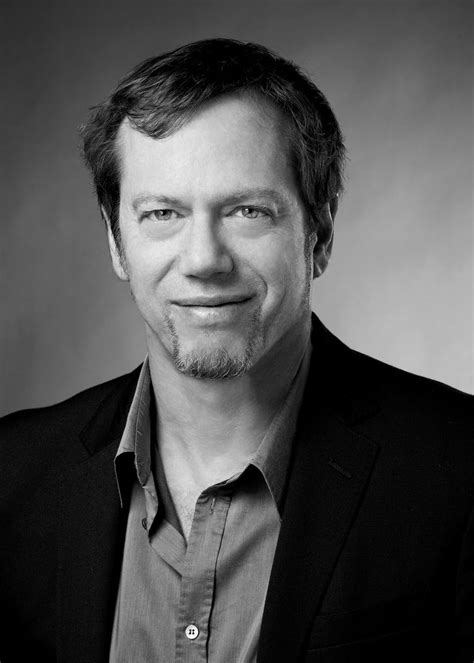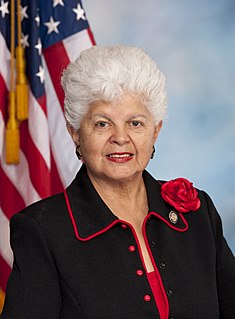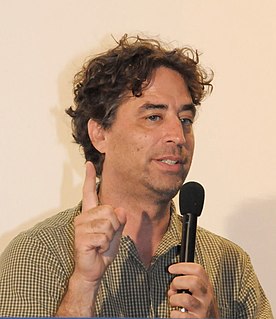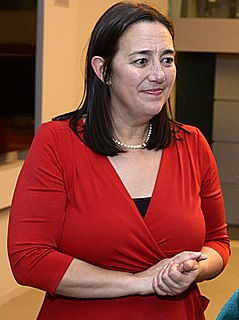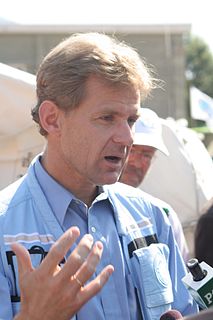A Quote by Golda Meir
If only political leaders would allow themselves to feel, as well as to think, the world might be a happier place.
Quote Topics
Related Quotes
Modern equalitarian societies whether democratic or authoritarian in their political forms, always base themselves on the claim that they are making life happier. Happiness thus becomes the chief political issue -- in a sense, the only political issue -- and for that reason it can never be treated as an issue at all.
It sounds strange, somewhat on the line between irony and absurdity, to think that people would rather label and judge something as significant as each other but completely bypass a peanut. ... World peace is only a dream because people won't allow themselves and others around them to simply be peanuts. We won't allow the color of a man's heart to be the color of his skin, the premise of his beliefs, and his self-worth. We won't allow him to be a peanut, therefore we won't allow ourselves to come to live in harmony. (Diary 18)
As I travel around the world, it's fascinating; European leaders, Asian leaders, they all say to me, America is actually poised to be the world leader for another century - if we can fix some of this political dysfunction. ... We've got a lot of national security challenges, but if we get our economy together, and if we can get our political system to work well, I am really confident about our future.
The other side of my work is political disappointment - the realization that we are living in an unjust world. "Blood is being spilled in the merriest way, as if it was champagne," Dostoevsky says. That raises the problem of justice, what it might mean in an unjust world and whether there can be an ethics and a political practice that would be able to face and face down the injustice of the present. How might we begin to think about that?
When you coach and teach leadership, most people think about them. It's like you're the leader and how do you influence them. Clearly, leaders do take their followers, their flock, their enterprise, their business - whatever - hopefully to a better place. But I think the foundation of what makes really great leaders is they lead themselves, and they're conscious about knowing themselves and coaching and leading themselves in a very profound way. The simplest of us talk to ourselves. The question is, "Do we really lead ourselves?"



